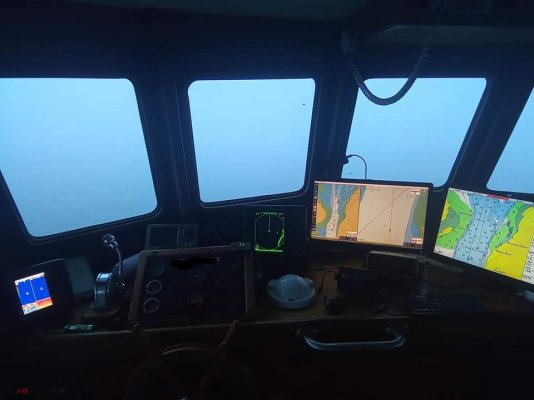Mark Myns
Veteran Member
- Joined
- Aug 31, 2015
- Messages
- 31
- Location
- USA
- Vessel Name
- Hoosier Daddy
- Vessel Make
- 38 Marine Trader Sundeck
Yes to Radar
When I first got my boat we took it up the Detroit River and ran into a major fog bank leading to zero visibility. The boat had radar but none of the three of us had every used radar even though we each had 20 plus years sailing. We got lucky using the GPS. Along the way we were surprised by how close we came to a water pumping station and several freighters.
After this experience I always have the radar on and have learned how to use it because we like to travel at night when it is calmer. I will always make radar a priority even over GPS since I like to practice with my paper charts on a regular basis.
When I first got my boat we took it up the Detroit River and ran into a major fog bank leading to zero visibility. The boat had radar but none of the three of us had every used radar even though we each had 20 plus years sailing. We got lucky using the GPS. Along the way we were surprised by how close we came to a water pumping station and several freighters.
After this experience I always have the radar on and have learned how to use it because we like to travel at night when it is calmer. I will always make radar a priority even over GPS since I like to practice with my paper charts on a regular basis.


